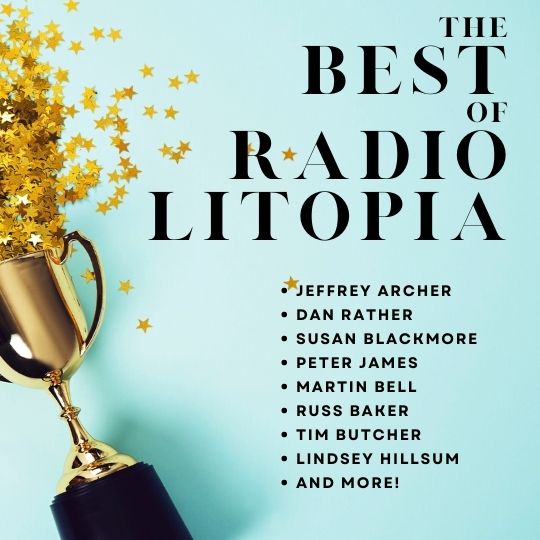Apologies in advance, I'm having a wordy day. So here goes.
By STOP / shock ending, do you mean in a 'cliff-hanger' way? Or do you mean an ending with 'a twist'? Or a powerful scenario that makes readers gasp?
I don't think cliff-hanger endings work so well if they just stop, esp if they're a shocker. A cliff-hanger ending which leaves story threads open, and which doesn't answer the questions raised in the book would (for me at least) feel very unsatisfying. When I read, I like the character's journey to be complete at the end in some way, or at least most of it. By that I mean, they've either found or lost that which they've set out to find or do. If not, it feels like having a powercut during a good movie. Much cursing follows. Readers have spent hours following a story. We've engaged with the characters, lived their lives, and then to be left hanging would just
I'm also generally not keen on endings which leave us with a shock twist, as in 'oh, by the way, it was all a dream', or 'hey he was mad and imagined things', or 'he had multiple personalities and the other one did it'. The End. It can feel cheap, or lazy, or contrived, done for the sake of it. (I'm thinking 'Chalk Man', and the TV series Lost -although Lost's ending wasn't all that twisty as I saw it coming)
But a story which ends fast with a powerful scenario (which may be shocking and rattle the bones) is what I often do find very satisfying - one of those endings that shakes you and stays with you, even if it means everyone dies and the word explodes, then gets out fast. But again, only if all the important strands are complete and the character is complete. A shock ending like this would (for me) still have to be a natural progression built on what's gone before and not pulled out of the left. A fast, shocking end is fine, but I think the story itself needs to be complete.
And I do like endings where we don't necessarily know what happens next (I'm thinking The Italian Job). It works, because everything is rounded off. The characters arrived at this point for a good reason, and everyone's arc is complete. We don't need to know whether they live or die, we want to, but we don't need to.
I wrote my last novel backwards. I had the ending first. The ending is slightly open in a sense that everything has been rounded off (apart from one strand with a character who needs to come back in a sequel, should I ever write one), but we don't know what's next for the MC. He has arrived at a shocking point. He did so through his own downfall, his own silly fault, and he had his reckoning. Then I ended it quick, and I have left it open, so that readers won't know how he moves on from here.
I'm saying all this above in relation to novel writing. But I think it also applies to plays. I'm a (resting for the sake of writing) actor and have been in many theatre productions. In the theatre, it can work to just stop (I have seen plays like that), esp if it's more experimental, quirky, but unless it's done well, it still risks having the audience look around baffled and wondering 'erm, is this the end?' when the houselights come up. With a book, you can see the page numbers dwindle towards an end, but with a performance it can be more startling. It still needs some sort of feel of completion.
I think there's a lot to be said for 'starting late and ending early', but in my view the story still has to be complete.
But like you say, rules ...
If something works, well, then it works, and sod the rules.
Anyway, this is my longwinded way of saying: write it, and then get feedback.



